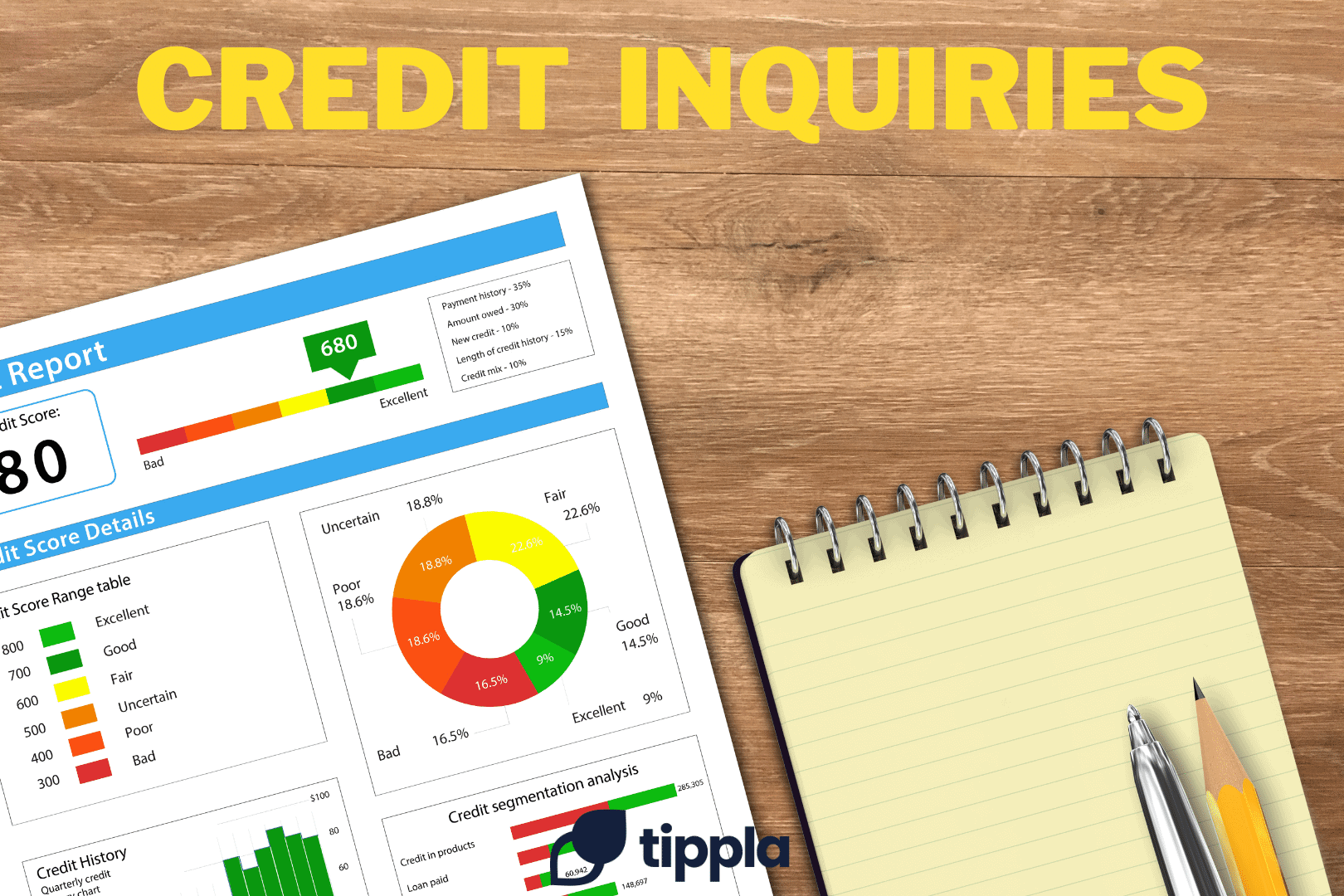Published in November 16, 2023
How far do mortgage lenders look back on my credit report?

Purchasing a home is a significant financial decision, and securing a mortgage is often an essential step in this process. Before approving a mortgage application, mortgage lenders will review your credit history to assess your credit behaviour, including your payment history, credit utilisation, and any outstanding debts or defaults.
Standard Credit Report Lookback Period
The standard lookback period that mortgage lenders consider in a credit report can vary depending on the lender. Generally, they will examine the entire credit report, taking into account any information that is still present as a record, regardless of when it was initially reported. This means that both recent and older credit history may be considered when evaluating a mortgage application.
Negative information holds particular significance as lenders view these as potential indicators of financial risk. According to the Office of the Australian Information Commissioner, most negative information will stay on credit reports for up to 5 years or 7 years.
What stays on a credit report?
| Type of Information | Duration on Credit Report |
|---|---|
|
Bankruptcy |
|
|
Court Judgment |
|
| Credit Enquiry |
|
| Current Consumer Credit Obligations |
|
| Debt Agreement |
|
| Default |
|
| Financial Hardship Information |
|
| Repayment History |
|
| Serious Credit Infringement |
|
Source: Office of the Australian Information Commissioner
How can these events impact your mortgage approval?
Credit events can significantly impact your chances of getting approved for a mortgage by lowering your credit score and demonstrating your financial responsibility. This can lead to higher interest rates or even denial of your mortgage application.
Lenders use your credit history as a key indicator of your financial responsibility. A clean credit report with minimal negative marks demonstrates your reliability and makes you a more attractive borrower. Lenders are more likely to approve your mortgage application when they see a history of responsible credit management.
When extending a mortgage, lenders aim to minimise their risk. Your credit history plays a pivotal role in your assessment, with adverse credit events signalling potential risk and a positive credit history suggesting a lower risk. Maintaining a clean and positive credit report is crucial for a successful mortgage application, as lenders assess your overall risk based on your credit history.
Have other mortgage related questions we weren’t able to answer? Check out our article on everything you need to know about credit scores and mortgage applications.
Conclusion
When applying for a mortgage, it’s essential to understand that mortgage lenders carefully review your credit history as a crucial factor in their decision-making process. The standard lookback period for your credit report can vary among lenders, but generally, they assess your entire credit history, including both recent and older credit-related information. Negative events, such as late payments, defaults, bankruptcies, or court judgments, can have a significant impact on your mortgage approval, potentially leading to higher interest rates or even denial of your application.
Maintaining a clean and positive credit report is key to improving your chances of securing a mortgage with favourable terms. Lenders use your credit history as a gauge of your financial responsibility, and a history of responsible credit management makes you a more attractive borrower.
By demonstrating your reliability and financial responsibility, you can reduce the perceived risk for lenders and increase your chances of a successful mortgage application. In this important financial endeavour, being proactive about managing your credit can ultimately lead to a more favourable mortgage experience.
While we at Tippla will always do our best to provide you with the information you need to financially thrive, it’s important to note that we’re not debt counsellors, nor do we provide financial advice. Be sure to speak to your financial services professional before making any decisions.
Related articles

Understanding car insurance deductibles
28/07/2021
What are deductibles and what do they mean for...

The Difference Between Hard and Soft Credit Inquiries
14/07/2023
Understanding all the factors that can affect your creditworthiness...


Credit Utilisation Strategies
22/01/2024
Understanding how to manage your credit wisely is crucial...
Subscribe to our newsletter
Stay up to date with Tippla's financial blog